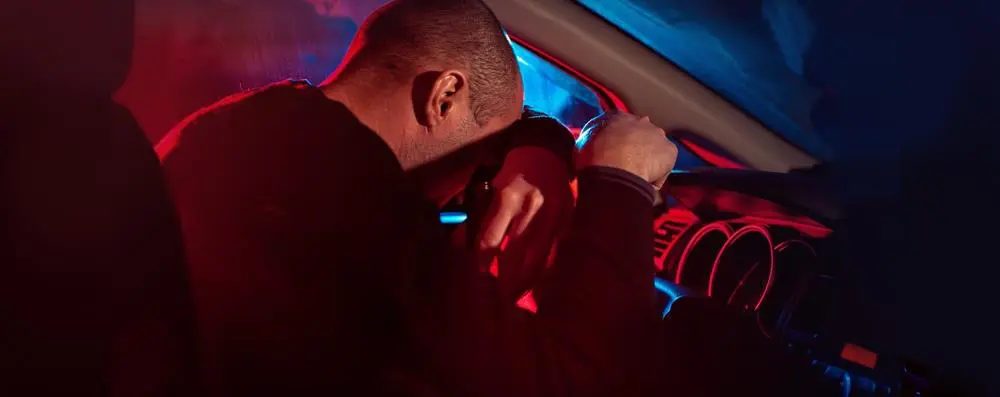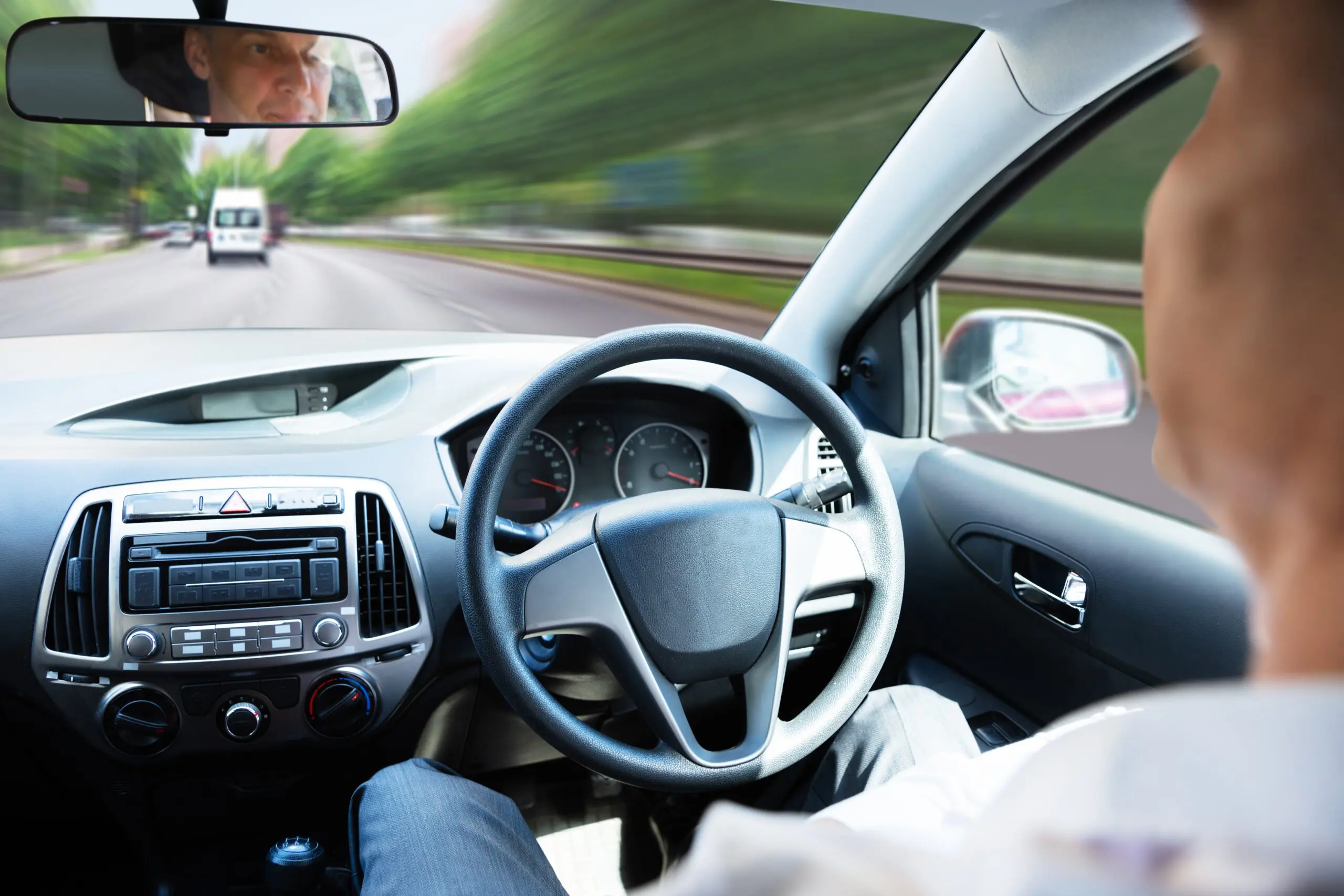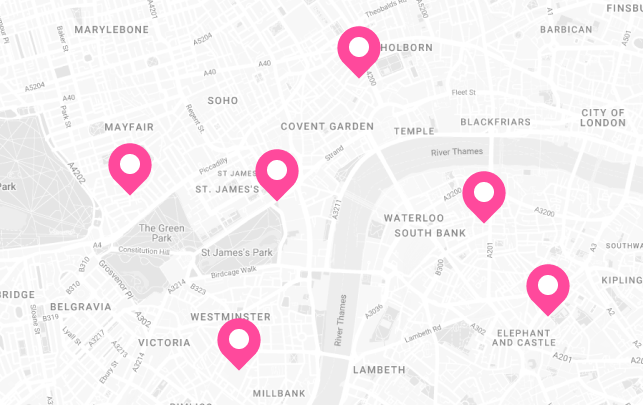Defending excess alcohol
A drink driving conviction for excess alcohol consumed must have evidence from a breath, blood, or urine sample.
This sample must prove that you were over the legal limit for alcohol at the time you drove.
The first thing to check is whether the testing procedure was conducted correctly. If the police have made mistakes at any point while taking a specimen from you, they may be unable to rely on the results.
Once they have the alcohol reading, we will check whether it’s reliable.
With a breath reading, our job is to examine the results from the breathalyser to confirm that it worked as intended.
For blood or urine tests, we may instruct a toxicologist to examine the testing to check if the police did their jobs correctly. Lots of things can go wrong in the process, including the incorrect storage of the specimen to errors in the laboratory that can undermine the results.
If the court cannot be sure that the alcohol test results are reliable, the judge must acquit you.
Defending unfit to drive
Defending an ‘unfit to drive’ charge is different. You can still be convicted of this offence even if your alcohol test results are below the legal limit. All that’s required for the police to push ahead with a conviction is to convince the court that you were unfit to drive because of some alcohol or drugs you had consumed.
Our defence is to prove that you were fit to drive, or at least that the prosecution cannot prove you were unfit.
To prove this, we could instruct a medical professional to conduct an examination and assess the evidence of the case to determine if you were fit to drive.
We could also look into questioning the police’s credibility and whether they were qualified to determine if somebody could be unfit to drive, whether the driver had consumed alcohol or drugs, or another cause, such as a medical condition.






.png)







